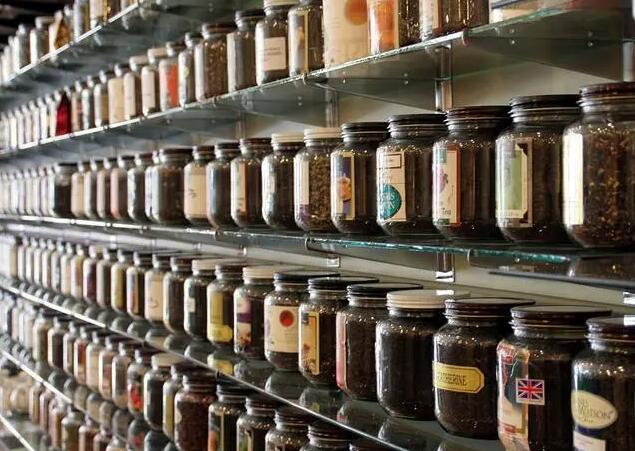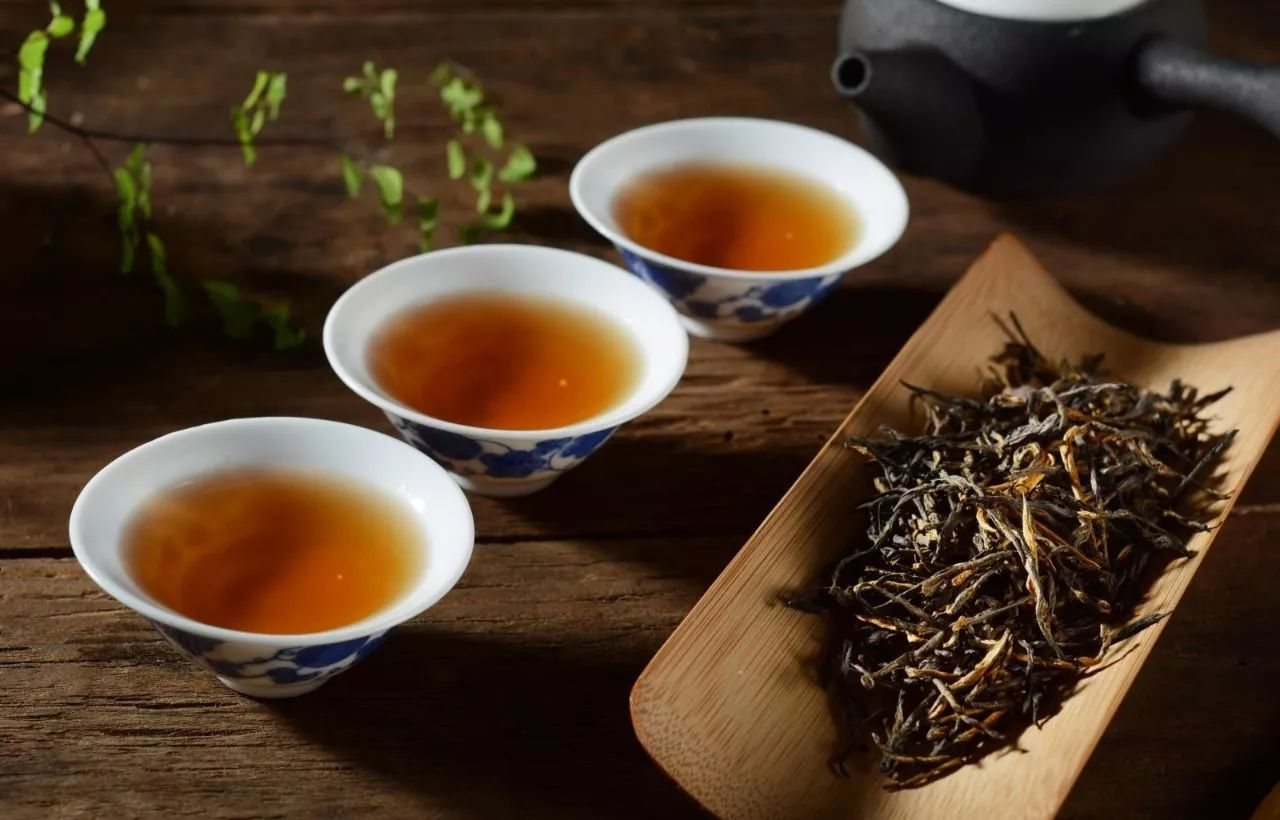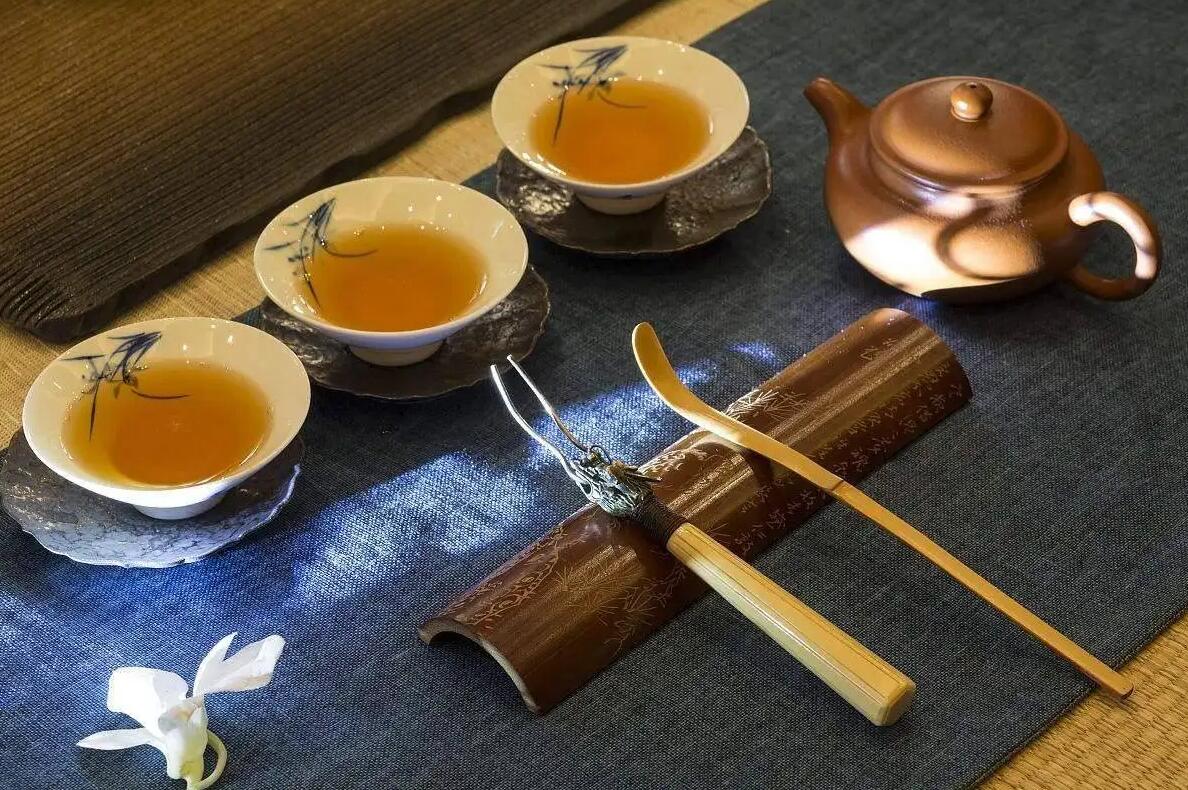A Meeting with Mr. Wataru Sugiyama, Tea Grower
Mr. Sugiyama is the owner of a tea factory in Shizuoka Prefecture.
When did you start working in the world of tea? What has been your career path?
I studied for two years at the national Tea Test Center, after which I started working in my father’s factory, where I learned about tea growing and processing under his guidance. My father, Tadahira Sugiyama, is a very influential person in the world of tea and has won several prizes awarded by the Ministry of Agriculture and Forestry. We are indebted to him for all the tea trees that make the famous teas from our gardens.
In 2000, after the death of my father, I took over the family business. Since then, I have participated in several exhibitions, endeavoring to produce the highest quality tea while using the least amount of pesticides and chemical fertilizers.
How big are your gardens and how much tea do you produce every year?
Do you have many employees?
Our tea plantation covers about 250 hectares [618 acres] and we produce close to 15,000 kilos [33,070 pounds] of tea per year. We have four fulltime employees and about 20 pickers that we hire during harvesting.
What are your everyday responsibilities?
To take care of the tea garden! Every day we consider the phases of the moon and decide what needs to be done on the plantation: caring for the tea trees, fertilizing, etc.
Where are your tecs sold?
On the local or international market?
We sell our teas directly to the consumer and to specialized tea stores in Japan.
What changes have you seen in the tea industry since you began?
Our town [Shimizu] has been exporting tea for a very long time. When I started out in the industry, the Japanese economy was booming, and our teas were often offered as tea gift sets. There were also companies that bought large quantities of tea. Now, in a less favorable economic environment, our sales have dropped considerably. Because of the popularity of teas sold in plastic bottles, consumers buy less and less loose-leaf tea. A good many people still appreciate high-quality teas, and these are the customers who buy our products.



